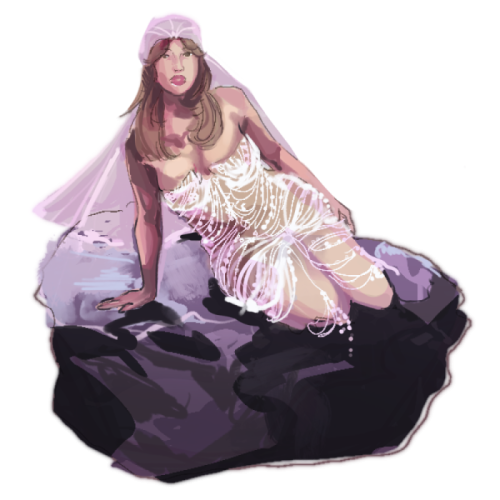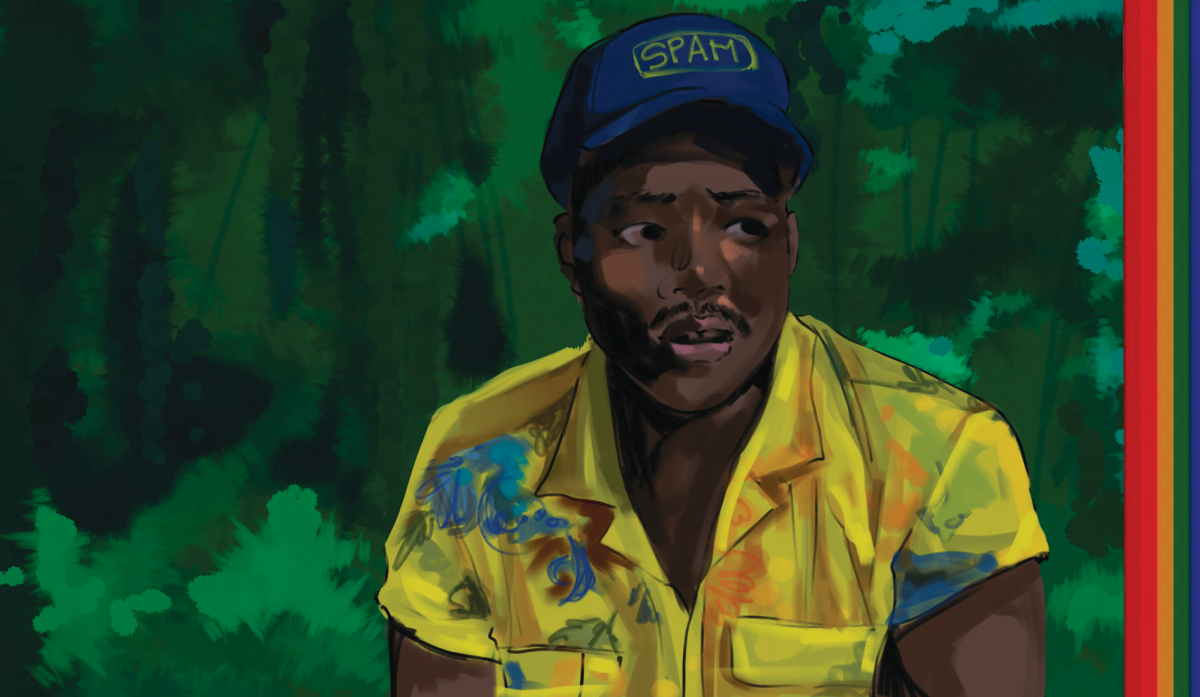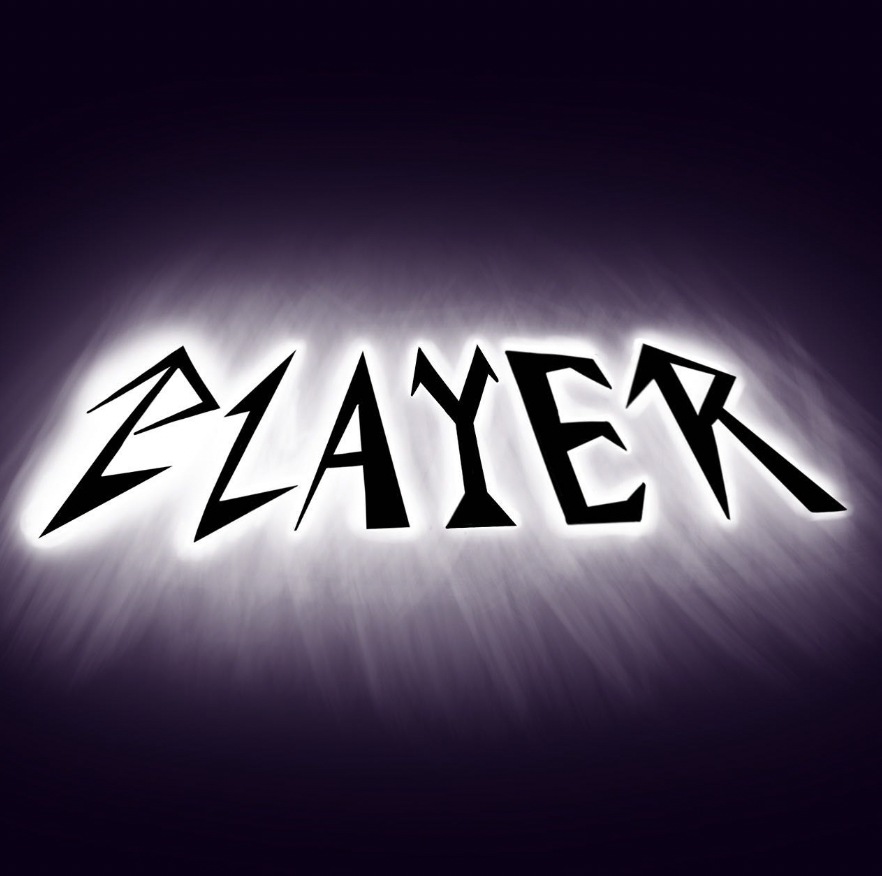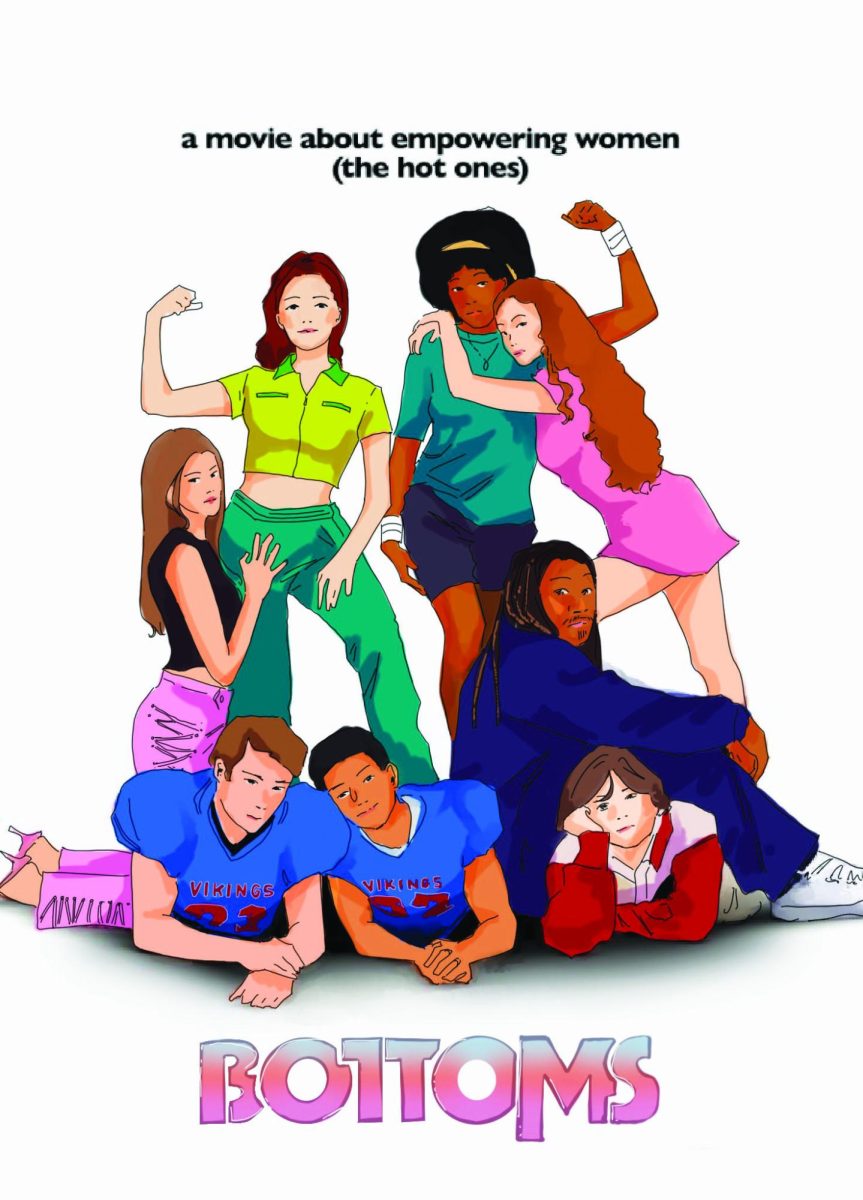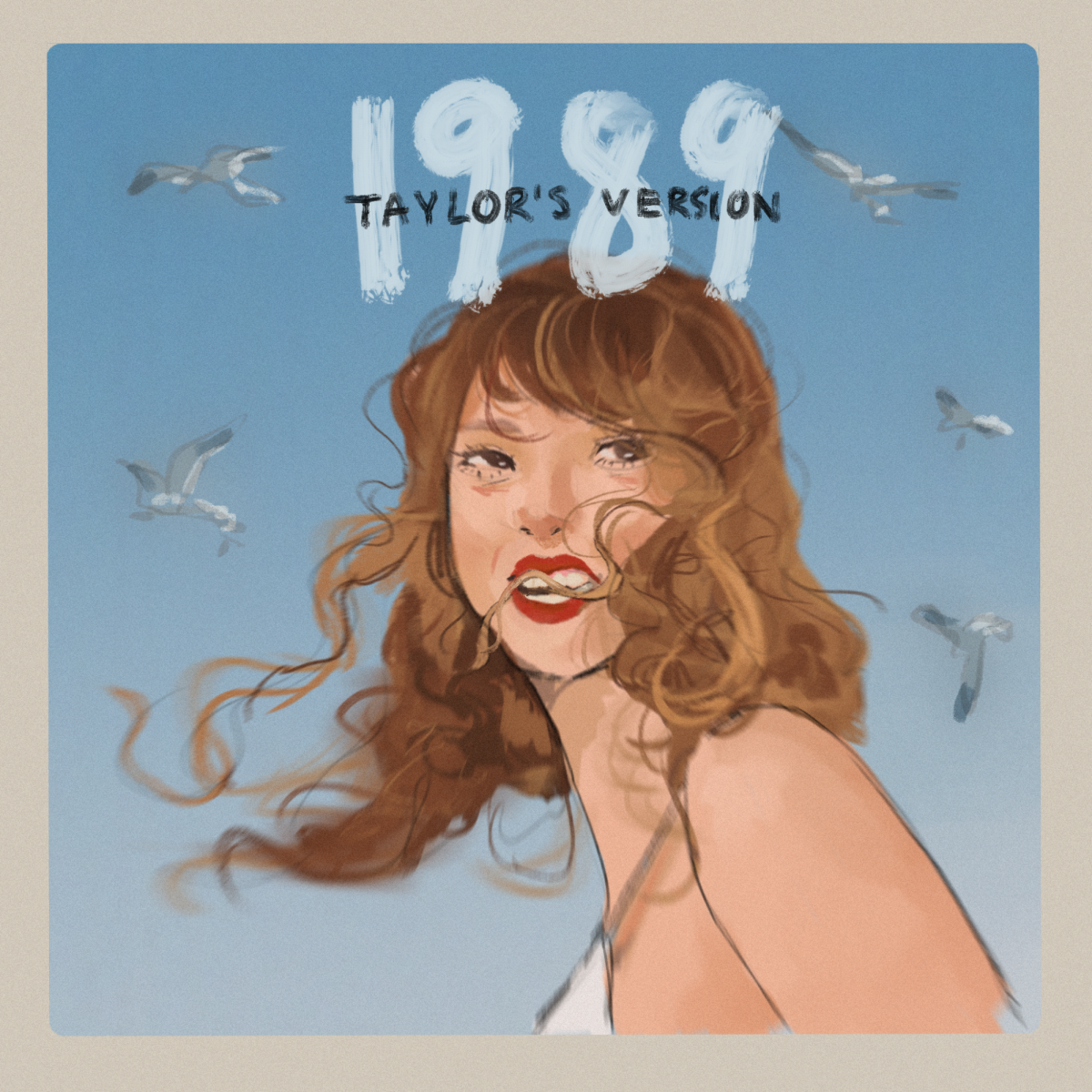The lights in Rugby theater dimmed, and the applauding crowd quieted in anticipation.
“Turn the house off, please,” Savannah Weinstock ’18 said, “standby six. Go six.”
From high above the stage, the orchestra played the first bars of “Look Down,” the opening song of Les Miserables.
“Standby seven and eight. Go,” she said.
Slowly, the first actors entered the scene, shadows danced across the still-darkened stage. They struck a pose and froze, as they waited for the final signal.
“Go,” she said.
At the touch of a key, the stage was flooded in light. The actors came to life, swinging pickaxes and shovels. The fall musical was underway.
Weinstock leaned back into her chair, settling in for a long night. Les Miserables clocked in at about three hours, including the intermission. The musical’s vocal book was 176 pages long.
As the stage manager, Weinstock was responsible for every light, sound and special effects cue throughout the entirety of the performance.
Although Les Miserables didn’t open until Nov. 3, Weinstock began working on the show during the very first week of school. She, as well as assistant director Jacob Klein ’18, were involved in every stage of the musical’s production.
In addition to the artistic and theatrical aspects of her job, Weinstock also took on a level of administrative duties.
“It’s stressful,” Weinstock said. “There’s a lot of email-sending, but it’s worth it. The actors were really great this year; they made it easy on me.”
Weinstock began working in technical theater three years ago, when she was in eighth grade.
“I really started doing technical theater because I wanted to help out with Midsummer Jersey [the Middle School’s fall musical] when we did that, but I didn’t want to be in it,” Weinstock said. “So I became assistant director, and then my job kind of switched to stage manager.”
While working on Midsummer Jersey, the experience of seeing the musical come together drew Weinstock into stagecraft.
“Certainly some of the payoff is in the journey, but the best thing is, from auditions, seeing everyone tryout for the first time and seeing that in comparison to what [their performance] eventually becomes,” Weinstock said. “It’s a great feeling.”
Additionally, working on such a large production has brought another facet of theatrical work to Weinstock’s attention, she said.
“There is a sense of family and community to it, which I do love,” Weinstock said.
For the stage crew members backstage, the start of the play means their work was just beginning.
Matt Major ’18 fit microphones onto the singers as they prepared to take the stage, and camouflaged the wires into their hair.
Major was no stranger to theatre. He spent eight years as an actor in Hungary and San Diego before making the switch to stage crew this year.
“I wanted to try out the other side of it because I relied on so many people that I didn’t even realize I needed in productions, and I was just curious about how the rest of it works,” Major said.
The idea of creating the atmosphere and setting of a play also appealed to him, and he helped design much of the set, Major said.
“Considering that you’re building a world and then you get to play around with that world, it’s incredible,” Major said. “And the fact that that happens every time you put on a production is, well, gratifying is one word for it, but it’s also magical.”
In his time working on the stage crew, Major said that he’d been enjoying the experience.
“I practically don’t miss acting,” Major said. “I find that this gives a lot more leeway than an actor because an actor answers to the director, the choreographer, has a script to abide by. But when DJ [Lesh ’18]’s doing his thing, when we’re doing the other thing, this is not just about slapping a mic onto someone. The entire process has a lot more liberty to it.”
The audience sat as Natalie Kroh ’18 launched into “I Dreamed a Dream,” one of Les Miserables’ signature songs. She unleashed a high, sustained note, marred only by a soft scratch at its very end.
The imperfection was quiet, nearly imperceptible to the audience, but the show’s director Michelle Spears turned to look at the audio booth, only to quickly find that there had been no need.
Lesh reached for the audio console laid out before him. It’s an intricate collection of switches, dials, sliders and lights, which control the show’s sound levels. Lesh turned to the console and adjusted Kroh’s microphone output. The rest of the song went off without another technical difficulty, and Kroh received a standing ovation from the audience.
Technical Director Andrew Villaverde said that, as a whole, stage crew members are a dedicated group.
“No one comes in here because I made them,” Villaverde said. “That would be a terrible thing. I think that the students who do this end up finding their way here anyways.”
Lesh is closely familiar with technical theater, having worked in it since he took over assemblies at his elementary school, he said. He’s been involved with the school’s stagecraft department since coming to the school in seventh grade.
“I’ve been doing it pretty much for as much time as I can put in and still do school,” Lesh said.
More recently, Lesh had been working in professional theater. Two summers ago, he earned his first professional sound design credit at the Whitefire theatre’s production of Fairy Child. Additionally, he mixed vocal shows and upgraded facilities at the theatre.
This summer, Lesh worked at the Glendale Center Theatre, helping run their performances of Peter Pan and The Wizard of Oz.
Villaverde said that working on professional shows has accelerated Lesh’s learning and understanding of technical theater.
“Every time you do another job, you’re gaining more experience, which makes you sharper for the next thing that you do,” Villaverde said. “Theatre is very transitive. You’re doing something for one show, and that is the way it has to be. The next show you’re working on, things are totally different.”
Lesh said that the crucial nature of stagecraft in a production draws him into technical work.
“This is slightly biased, but, in my opinion, the tech is the most important part of a show,” Lesh said. “Without tech and without costumes, which is kind of part of tech, when you think about the world of backstage, actors are naked people on a dark stage that you can’t hear.”



























